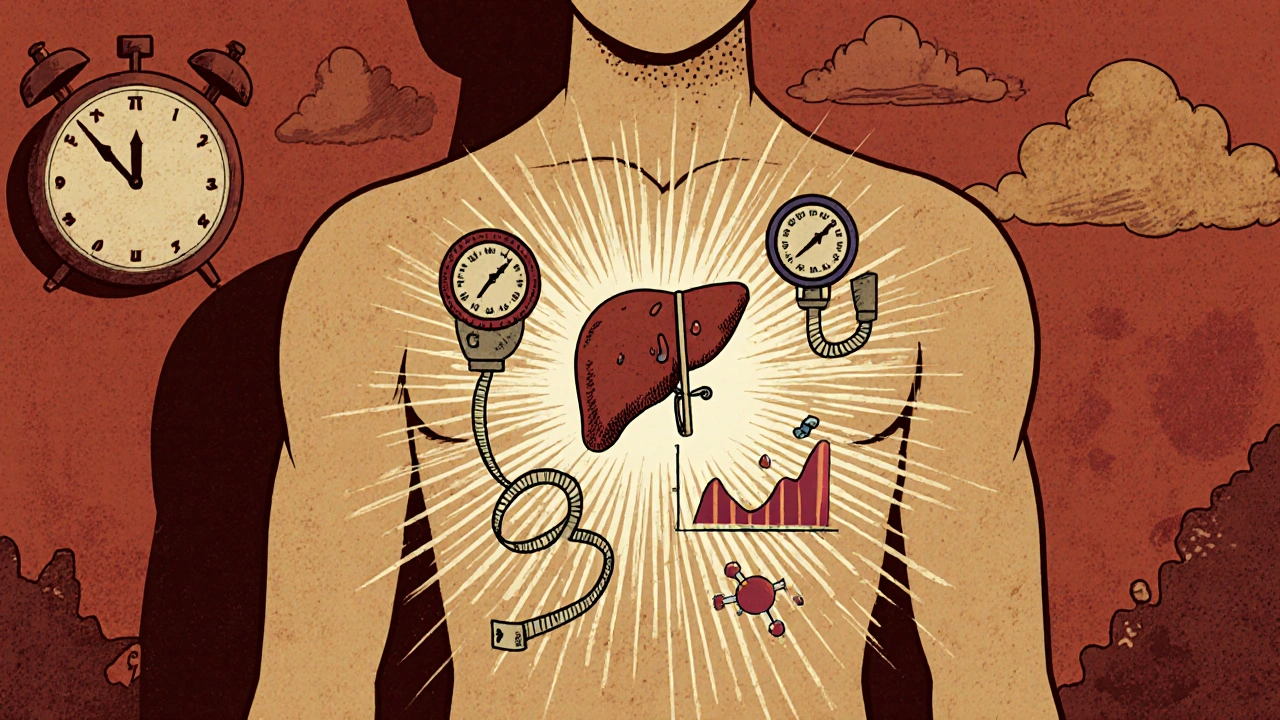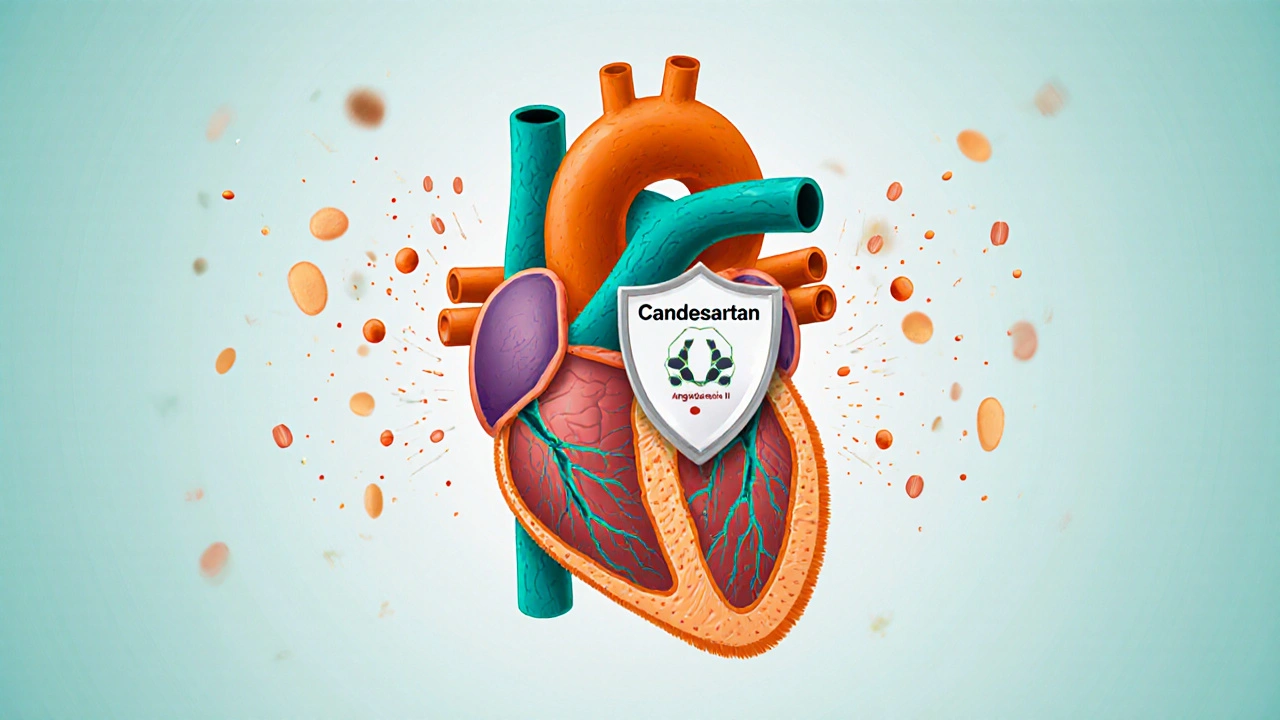High Blood Pressure: What It Is and How to Control It
If your doctor says you have high blood pressure, don’t panic. It’s a condition that affects millions, but you can manage it with the right info and habits.
Blood pressure is the force your heart uses to push blood through arteries. When that force stays high over time, the heart and vessels get stressed, leading to headaches, fatigue, or worse health problems like heart attacks.
Why Your Numbers Rise
Several everyday factors push numbers up. Too much salt, lack of exercise, stress, and a family history of hypertension are the usual suspects. Even a few extra pounds can tighten your arteries and raise pressure.
Sometimes a hidden issue is the cause. Kidney problems, sleep apnea, or certain medicines (like steroids) can sneak up on you. Knowing the root helps you pick the right fix.
Medicines That Bring Relief
Doctors often start with drugs that relax blood vessels or slow the heart. Metoprolol, a beta‑blocker, is a common choice; it reduces the heart’s workload and can lower readings quickly. Betapace works similarly, easing the heart’s rhythm and keeping pressure steady.
When you buy these medicines online, make sure the pharmacy is reputable, checks prescriptions, and follows UK regulations. Safe buying guides on our site walk you through the steps.
Other drug families include ACE inhibitors, diuretics, and calcium channel blockers. Each works a bit differently, so your doctor will match the right one to your health profile.
But meds aren’t the whole story. Pairing them with lifestyle changes boosts results and may let you lower the dose over time.
Start with a simple diet swap: cut back on salty snacks, choose fresh veggies, and add potassium‑rich foods like bananas. Aim for at least 30 minutes of brisk walking most days. Even a short walk after dinner can trim numbers.
Stress management matters, too. Deep breathing, short breaks during work, or a hobby you enjoy can calm your nervous system and keep pressure down.
Tracking your blood pressure at home helps you see what works. Use a cuff that fits well, sit still for a few minutes, and record the reading twice a day for a week.
If you notice persistently high numbers—above 140/90 mmHg—talk to your doctor. Adjustments to meds, diet, or activity might be needed.
Remember, high blood pressure is a long‑term condition, but it’s also one you can control. The right medication, safe buying tips, and everyday habits together make a big difference.
Keep an eye on your health, follow the practical steps above, and you’ll be on the right track to healthier blood pressure and a stronger heart.
Metabolic Syndrome: Understanding the Cluster of Heart Disease Risk Factors
- 24.11.2025
- Posted in Health
- 8 Comments

Metabolic syndrome is a cluster of heart disease risk factors including abdominal obesity, high blood pressure, and insulin resistance. Learn how to identify it, why it's dangerous, and how lifestyle changes can reverse it.
Hytrin: Uses, Side Effects, and Key Facts About Terazosin for High Blood Pressure and Prostate Problems
- 23.06.2025
- Posted in Health
- 6 Comments

Find out how Hytrin (terazosin) works for high blood pressure and enlarged prostate. Learn tips, benefits, side effects, and real-world advice from users.
Atacand: What It Is, How It Works, and What You Need to Know Before Taking It
- 14.06.2025
- Posted in Health
- 14 Comments

Atacand (candesartan) is a blood pressure medication used for hypertension and heart failure. Learn how it works, common side effects, what to avoid, how it compares to other drugs, and what to do if you miss a dose.

